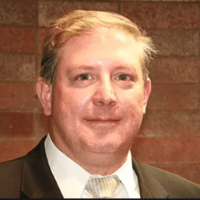Mansfield Real Estate Lawyer, Illinois
John T Wozniak
✓ VERIFIEDEstate, Real Estate, Business Organization
John T. Wozniak is the founder of the firm who concentrates his practice in the areas of estate planning, probate, real estate, and business formation... (more)
FREE CONSULTATION
CONTACTFREE CONSULTATION
CONTACTE. Phillips Knox
Banking & Finance, Estate Planning, Wills & Probate, Real Estate
Status: In Good Standing
FREE CONSULTATION
CONTACTSuzanne Jennings Wells
Real Estate, Divorce & Family Law, Civil Rights, Car Accident
Status: In Good Standing Licensed: 37 Years
Michael Tague
Business & Trade, Estate Planning, Insurance, Land Use & Zoning
Status: In Good Standing
Michael Turner Mccormick
Real Estate, Intellectual Property, Securities, Corporate
Status: In Good Standing Licensed: 40 Years
David Bennett Sholem
Commercial Real Estate, Real Estate, Litigation, Business
Status: In Good Standing
Jeffrey Lee Hays
Real Estate, State Appellate Practice, Transactions, Business
Status: In Good Standing Licensed: 32 Years


